SUMMARY
This is AI generated summarization, which may have errors. For context, always refer to the full article.

Justice Secretary Menardo Guevarra on Monday, February 8, said President Rodrigo Duterte approved imposing sanctions on Philippine internet service providers (ISPs) that fail to comply with their obligations to fight child pornography under Republic Act No. 9775 or the Anti-Child Pornography Act of 2009.
Guevarra’s recommendations to the President regarding fighting online sexual exploitation of children (OSEC) included directions to the National Telecommunications Commission (NTC) to impose sanctions on ISPs for failing to fulfill duties related to RA 9775.
He also recommended issuing an executive order that would strengthen cooperation among the Inter-Agency Council Against Trafficking (IACAT), the Inter-Agency Council Against Child Pornography, and other relevant agencies, as well as adding personnel and funding for the IACAT.
A Manila Bulletin report said Guevarra also recommended certifying as priority the passage of “bills amending the Anti-Trafficking in Persons Act, so that human trafficking, particularly sexual exploitation of children, will be exempt from the provisions of the Anti-Wire Tapping Law.”
The DOJ has been pressuring ISPs to comply with the anti-child pornography law due to the DOJ Office of Cybercrime reporting a 264.63% increase in the number of reported OSEC incidents in the 3-month quarantine period from March to May 2020.
To comply with the law, ISPs would need to install a program or other software to block access to or the transmittal of child pornography.
This is despite a position paper in September 2020 from the Philippine Chamber of Telecommunication Operators (PCTO) – an umbrella organization of telecommunications entities and ISPs, including PLDT and Globe Telecom – asking for clarifications due to conflicting provisions in RA 9775 and data privacy laws.
While Section 9 of the Anti-Child Pornography Act does oblige ISPs to install such blocking programs and mechanisms, the same section says: “Nothing in this section may be construed to require an ISP to engage in the monitoring of any user, subscriber or customer, or the content of any communication of any such person. Provided, that no ISP shall be held civilly liable for damages on account of any notice given in good faith in compliance with this section.”
Further, RA 10175, or the cybercrime law, does not allow ISPs to actively monitor content. Such actions would violate an individual’s right to privacy.
The PCTO in September 2020 also reported Globe had blocked some 2,521 sites identified by the NTC and law enforcement agencies as having child pornography. Meanwhile, PLDT in the same month blocked 2,909 websites.
Globe also invested in a $2.7-million software filtering system to target illegal or pirated content and child pornography. PLDT and Smart also offered connectivity and technical assistance to the Philippine National Police’s text hotline 7444-64 for reporting incidents of online sexual abuse and exploitation of children. – Rappler.com
Add a comment
How does this make you feel?


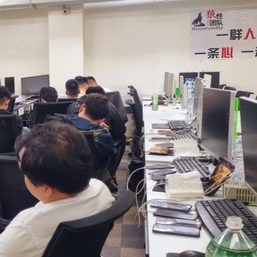
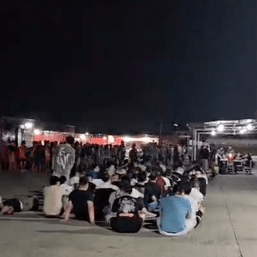
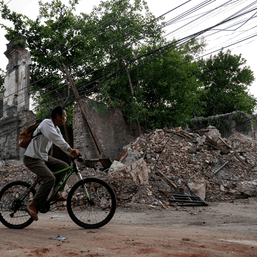
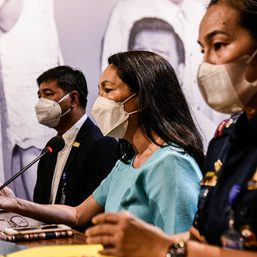
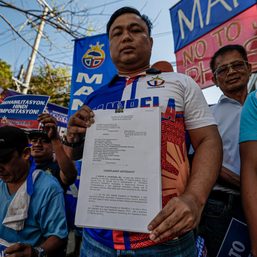

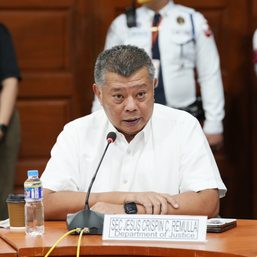
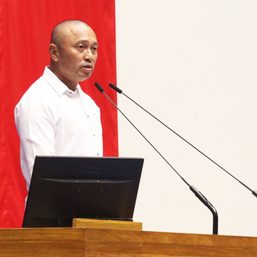
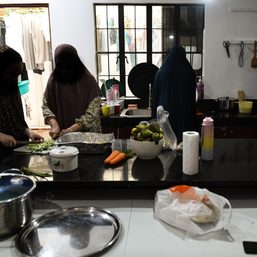
There are no comments yet. Add your comment to start the conversation.